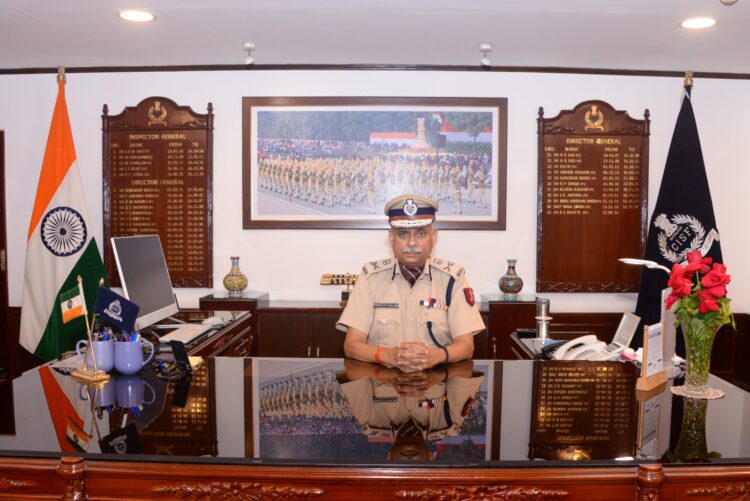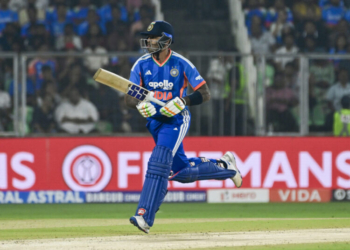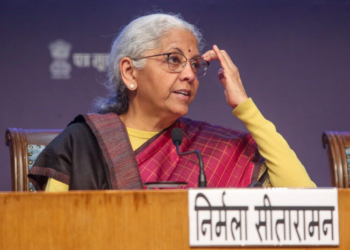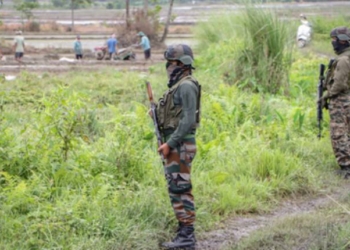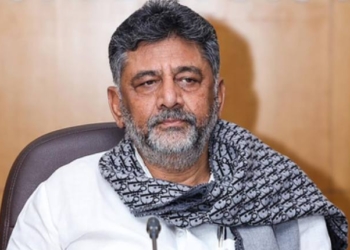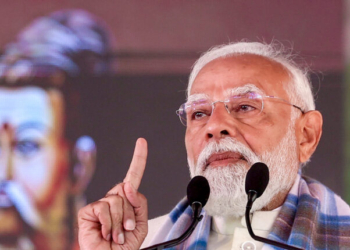New Delhi: Indian Police Service (IPS) officer Praveer Ranjan assumed charge as Director General of Central Industrial Security Force (CISF) on Tuesday, an official said.
In his address, the new DG underlined his commitment “to prepare the force for future challenges through modernisation in operations, welfare with compassion and transparency in administration”.
During an in-house ceremony at CISF lawns, he was accorded a ceremonial Guard of Honour at CISF Headquarters, and later the DG interacted with senior officers of the force, the official said in a statement.
An officer of the 1993 batch of the IPS from the AGMUT Cadre, Ranjan has been on Central deputation since April 2024.
Recipient of the President’s Police Medal for Distinguished Service (2016) and the President’s Police Medal for Meritorious Service (2009), he is the 32nd Director General of CISF.
Prior to his appointment as Director General, CISF, he served as Special Director General, heading the sensitive airport security sector of the force, said CISF’s CPRO Ajay Dahiya, in the statement.
In a distinguished career spanning 32 years, Ranjan has held several key positions, including Special CP/Crime and EOW, Delhi Police; DIG, CBI; and Director General of Police, Chandigarh, before joining CISF as ADG, on Central Deputation.
Ranjan holds a Postgraduate degree in History from Delhi University, a Master’s in Police Management from Osmania University, a Master’s in Public Management from the National University of Singapore and Harvard University, and an LL.M. from the National Law University, New Delhi.
Established in 1969 under the Central Industrial Security Force Act, 1968 (50 of 1968), with just 3,129 personnel, today, the CISF has grown into a 1.61 lakh-plus strong Central Armed Police Force with a vibrant and dynamic workforce of professionals dedicated to the nation.
There are 358 units of CISF providing protection and security to critical assets of the country, including 69 airports. It also has 76 other formations, including 12 reserve battalions and eight training institutes.
(IANS)




